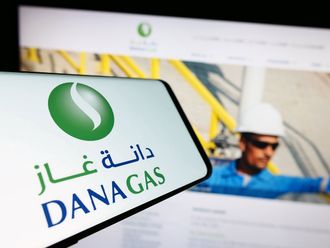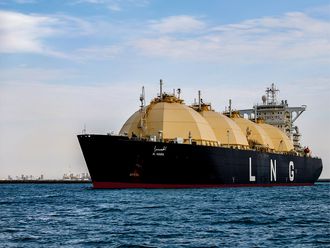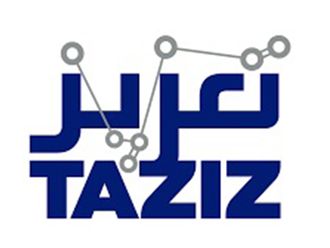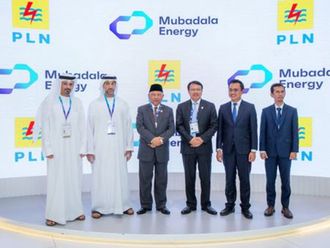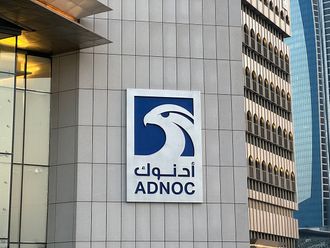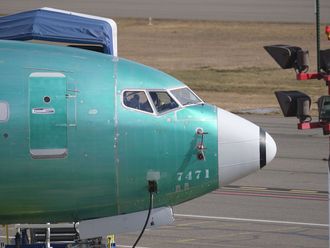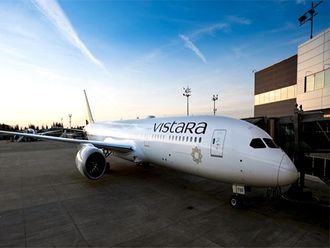Istanbul: Russian energy companies Rosneft and Transneft are seeking 25 per cent stakes in a planned Turkish oil pipeline, Russian Deputy Prime Minister Igor Sechin said on Wednesday.
The pipeline, to be built by Turkey's Calik Holding and Eni of Italy, will link the Turkish ports of Samsun and Ceyhan and has strong backing from the Turkish government.
"It is anticipated that two Russian companies, Rosneft and Transneft, will join the project. They are now in negotiations, which are focusing on the size of the stakes, and at this point it looks like the stakes will be 25 per cent," Sechin said.
Sechin was in Istanbul to meet Turkish Energy Minister Taner Yildiz to discuss energy co-operation, including plans for Russia to build Turkey's first nuclear power station, as the two Cold War-era rivals expand economic relations.
Crude supplies
Ahmet Calik, chairman of Calik Holding, told reporters an agreement on the stake sizes was expected soon and a final agreement would be completed early next year. He also said he expected Russia would provide enough crude oil to make the project viable.
Samsun-Ceyhan's planned capacity is 50 million tonnes. The project aims to carry 25 to 30 million tonnes of Russian crude and could seek the rest from Caspian producers, like Kazakhstan, but Moscow has yet to guarantee supplies.
Turkey says the pipeline will reduce tanker traffic through the environmentally sensitive Bosphorus and Dardanelles Straits, the only maritime outlet for Russian crude. They now see 100 million tonnes of petroleum products pass through each year.
Separately, Calik Holding and Rosneft agreed to set up a new company to trade in petroleum and oil products in the Mediterranean, Calik said, but declined to elaborate.
Sechin reiterated a target for bilateral trade of $100 billion (Dh367 billion) in five years with Turkey and that the two sides want to carry out trade in their own national currencies.
He said building Turkey's first nuclear plant, near the town of Akkuyu on the Mediterranean coast, would cost $20 billion.
Russian state nuclear energy agency Rosatom will lead the project and Turkish companies will act as suppliers and contractors,he said. The nuclear station will have four VVER-1200 units and would meet the highest safety standards, Sechin said.
Environmental risks
Environmentalists argue the Akkuyu site poses environmental risks because it is near an earthquake faultline.
"I believe the developments on the nuclear power plant at Akkuyu contribute to our two nations' relations," Yildiz said.
The nuclear power deal, agreed in May, has roused criticism in Turkey about an overreliance on Russia for energy supplies.
Russia is already Turkey's biggest natural gas supplier and the main provider of crude oil to refiner Tupras.


